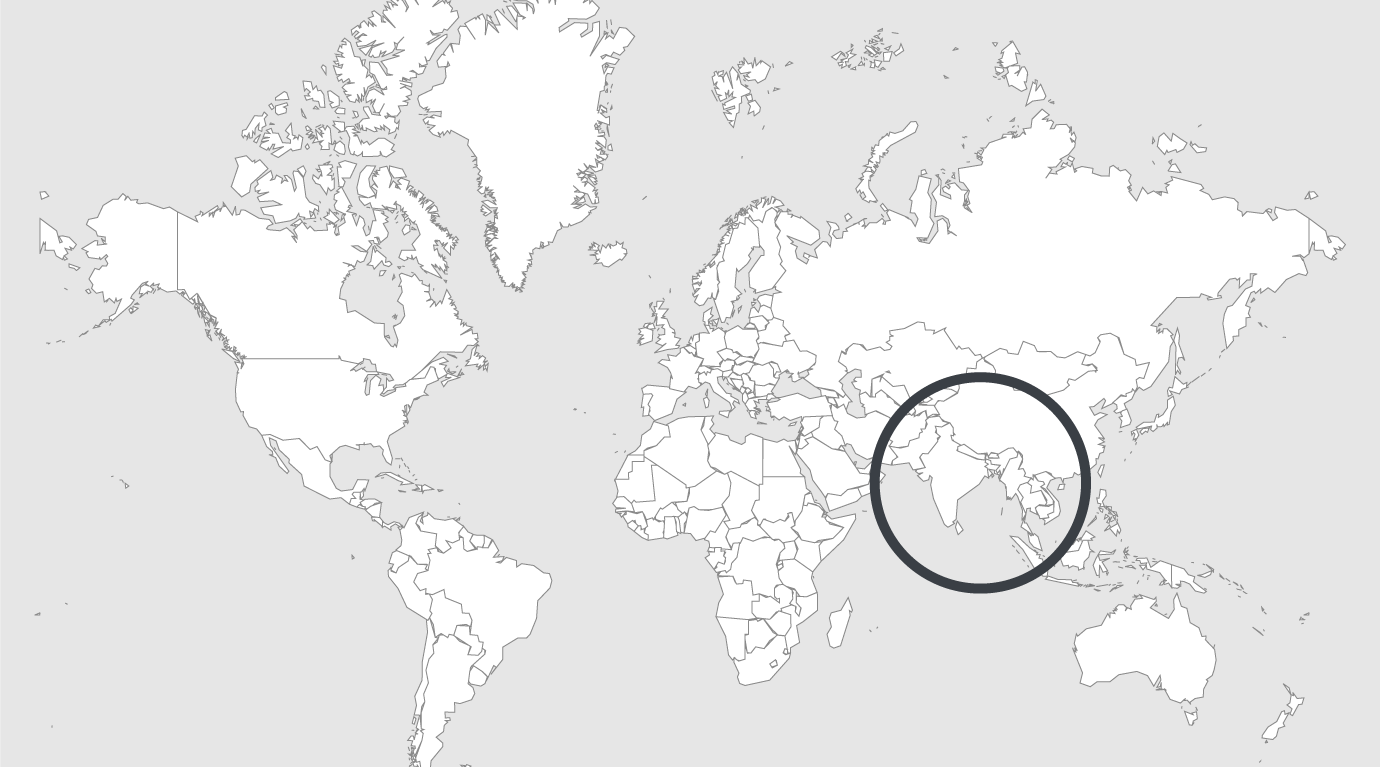
Explore
India: overcrowding prisons a violation of human rights, says Supreme Court
The Supreme Court has expressed concern about overcrowding in prisons across the country, in some cases beyond 150% of the capacity, and asked all the High Courts to consider the issue as it involves “violation of human rights”.
The apex court requested the Chief Justices of the High Courts to take up the matter as a suo motu (on its own) writ petition and referred to a note given by an advocate, assisting the court as an amicus curiae, in this regard.
“It appears from the note given by amicus curiae that the issue of overcrowding in prisons is not being taken seriously by the prison authorities. There are several prisons where the overcrowding is well beyond 100% and in some cases it exceeds 150%,“ a Bench of justices Madan B. Lokur and Deepak Gupta said.
“In our opinion, this matter should be considered by each High Court independently with the assistance of the State Legal Services Authority/High Court Legal Services Committee so that there is some sanity in the overcrowding in prisons since it involves violation of human rights,” it said.
The Bench asked the apex court’s Secretary-General to send a copy of its order to the Registrar-General of every High Court for necessary steps and report back to it.
Staff shortage
The apex court also dealt with the issue of vacancy of staff in jails and observed that “little interest” was being shown by the authorities and State governments in recruiting staff in prisons.
It asked the Chief Justice of each High Court to also take up this issue as a suo motu writ petition.
Meanwhile, the Centre informed the Bench that the Ministry of Women and Child Development was conducting a study through the National Commission for Women and the National Law University on women prisoners and their children and it would be completed by June 30.
The government said that the Ministry would look into the study and take necessary steps within three weeks.
The Bench has posted the matter for further hearing on August 2.
Open prisons
The Centre also apprised the court that steps were being taken to encourage setting up of ‘open prisons’ and a model uniform rules for the administration of open correctional institutions have already been framed.
Semi-open prisons or open prisons allow convicts to work outside the jail premises and earn a livelihood and return in the evening.
The concept was brought in to assimilate the convicts with the society and reduce their psychological pressure as they faced lack of confidence in leading normal lives outside.
During the hearing, the amicus informed the apex court that there were 63 open prisons across the country but the existing capacity was not being fully utilised.
“We expect the State governments concerned to not only try and utilise the existing capacity of these open prisons and if necessary increase the existing capacity of these open prisons in due course of time. The state governments and Union Territory administrations should also seriously consider the feasibility of establishing open prisons in as many locations as possible,“ the Bench said.
Read full article.
